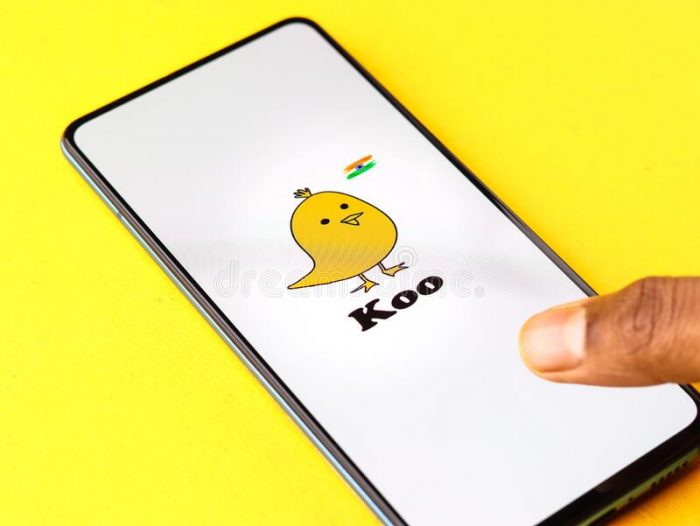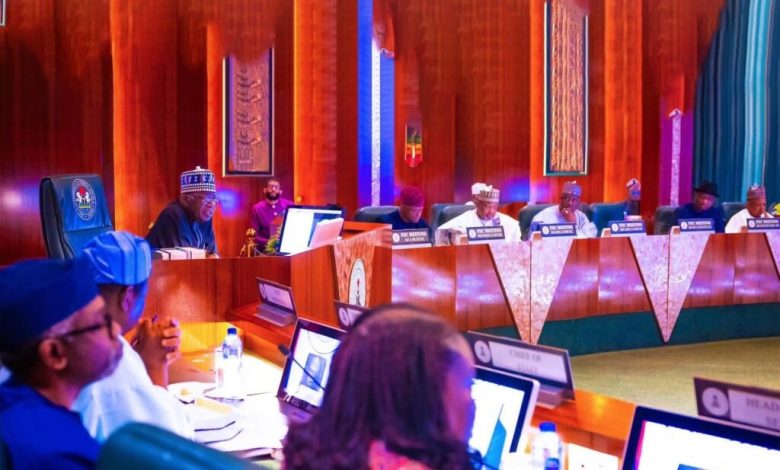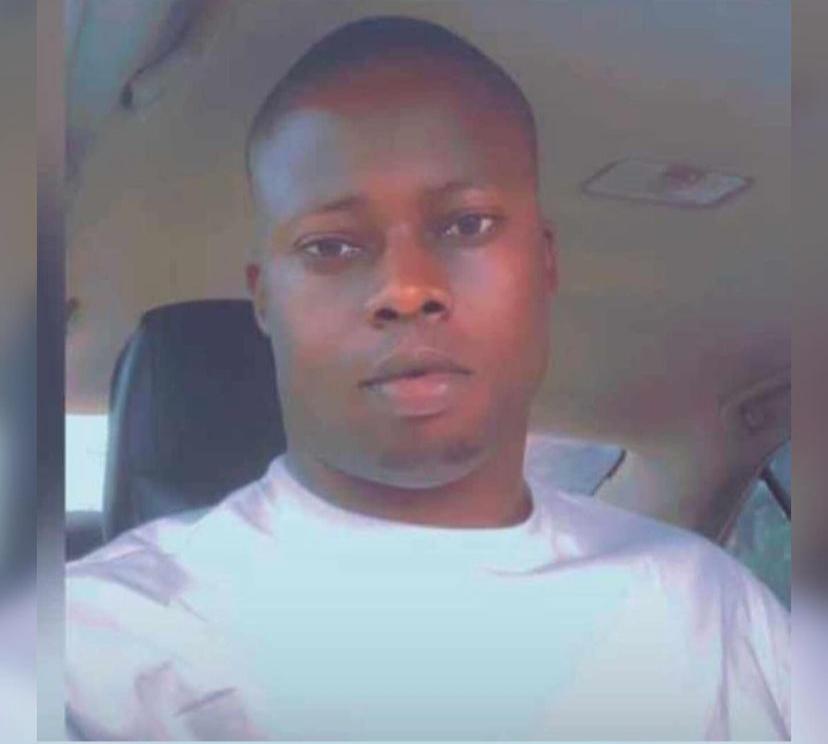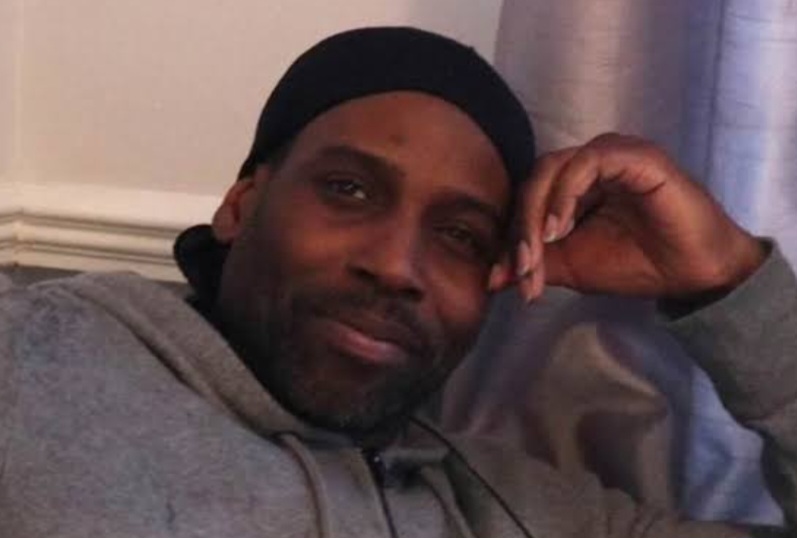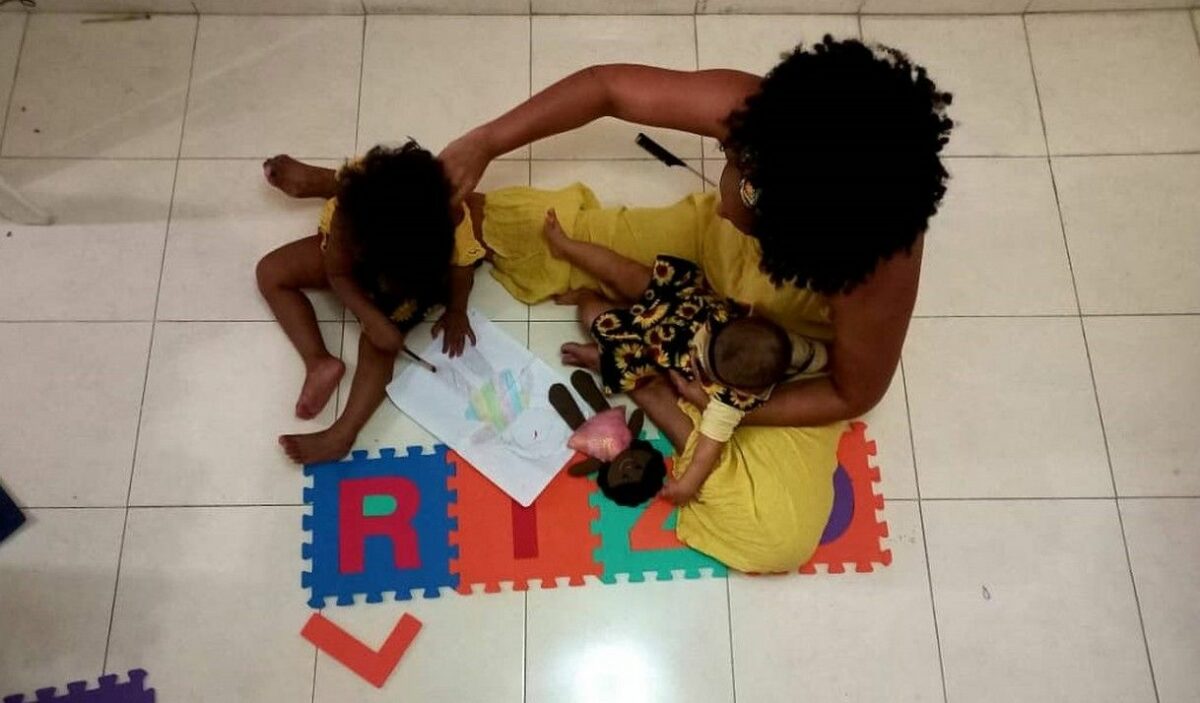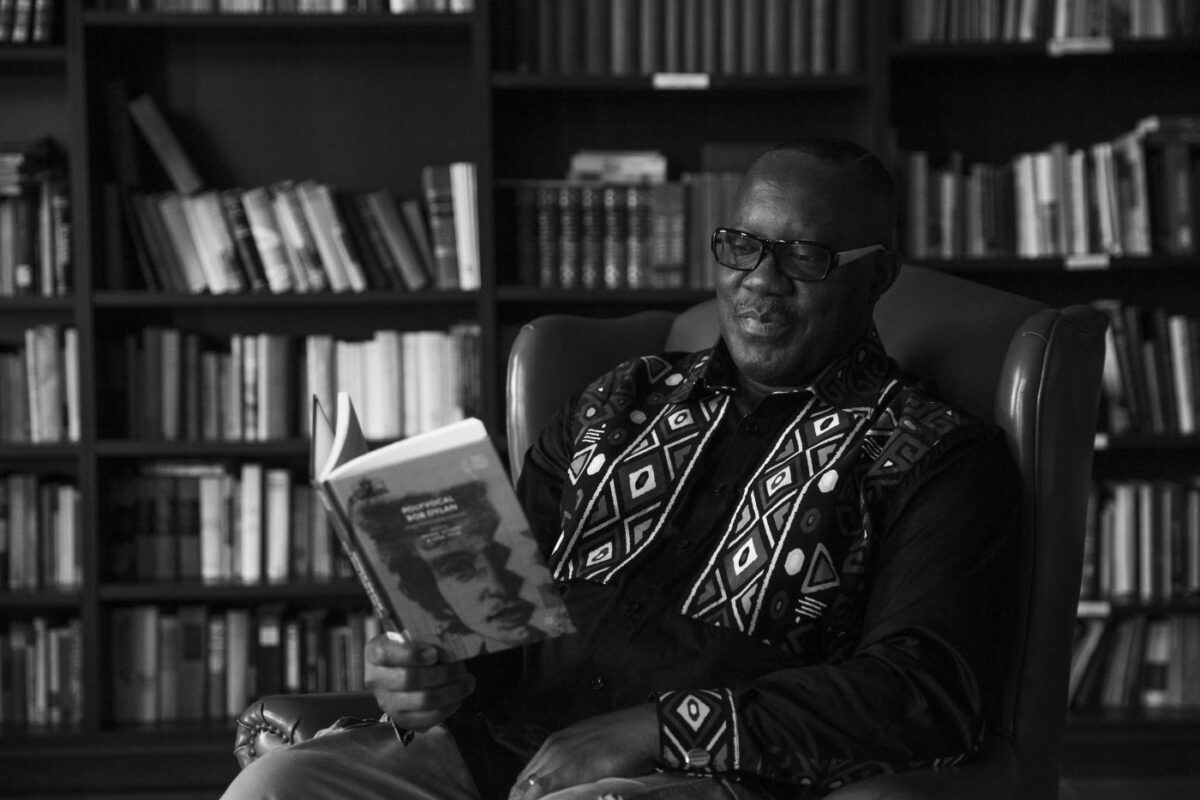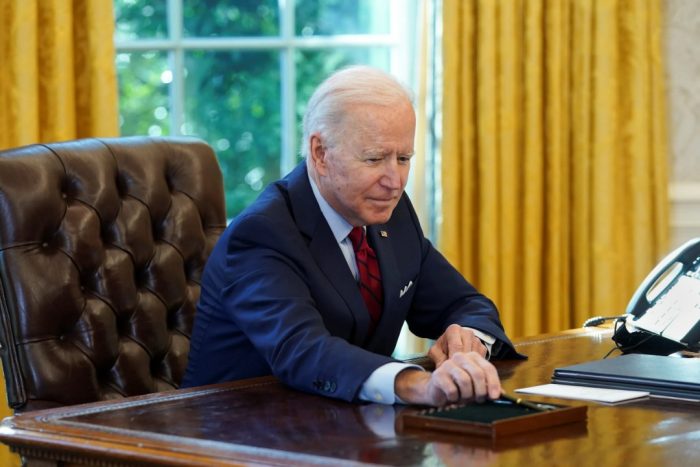On Wednesday, the federal government announced the lifting of an eight-month-old ban on Twitter, an American micro-blogging platform with over seven million Nigerian users.
Kashifu Inuwa Abdullahi, Chairman Technical Committee Nigeria-Twitter Engagement and Director-General National Information Technology Development Agency (NITDA), said the move followed a memo written to the president by Minister of Communications and Digital Economy, Prof Isa Ali Ibrahim.
The FG had banned Twitter on June 5, 2021, after it deleted President Buhari’s tweets threatening a war because of the ongoing violence in the southeast.
Less than a week after Nigerian Internet service providers denied users access to Twitter, and thousands of young people embraced VPNs as ways to bypass the veto, the government opened an account with Koo, an Indian microblogging platform.
This, and a statement by Aprameya Radhakrishna, Koo founder and CEO, was all Nigerians needed to know what their increasingly autocratic federal government meant when Lai Mohammed, the minister of information and culture, said the ban on Twitter was not to stifle freedom of information as Nigerians still had the options of other social media platforms.
LAI’S ENDORSEMENT, BUHARI’S VERIFICATION
“Koo is now available in Nigeria. We are thinking of enabling the local language there as well,” Radhakrishna said. “Nigeria is similar to India in terms of language diversity. It has hundreds of regional languages. Koo has a global outlook and will enable micro-blogging in countries that need it the most.”
Within days after Twitter ban, Koo app was available on Apple and Google app stores in Nigeria. Job advertisements were also put up on LinkedIn to find local language speakers. By the end of June, the President had joined Koo. Swiftly, he got a yellow verification tick and several thousands of users followed him.
But Nigerians did not want Koo.
RED FLAGı
Koo’s entry strategy to Nigeria had worked in India. The app was the India government’s alternative to Twitter, when the latter resisted Prime Minister Modi-led government’s attempts to curb information. Nigerians quickly spotted Koo for what it was, a ready platform for dictators looking to curb dissent, and rejected it.
Although Koo appeared as a collage of choice Twitter and Facebook features, it was a poorer version of both. Users complained that pictures and videos appeared blurry, compared with what was obtainable on Twitter. Users also said it was annoying, given its domination by supporters of the Buhari government and proponents of Twitter ban. Conversations were also reportedly centered on divisive politics.
As well, the security of the data collected by the application raised concerns. Nigerians feared giving their information to a platform controlled by a government whose key players had been linked to terrorism.
Although most of the things above are from the testimonies of the few Nigerians who tried the Indian app out, the Twitter rush by supporters of the federal government after the lifting of the ban on Wednesday is evidence that Koo has not matched Twitter yet.
Subscribe
Be the first to receive special investigative reports and features in your inbox.


